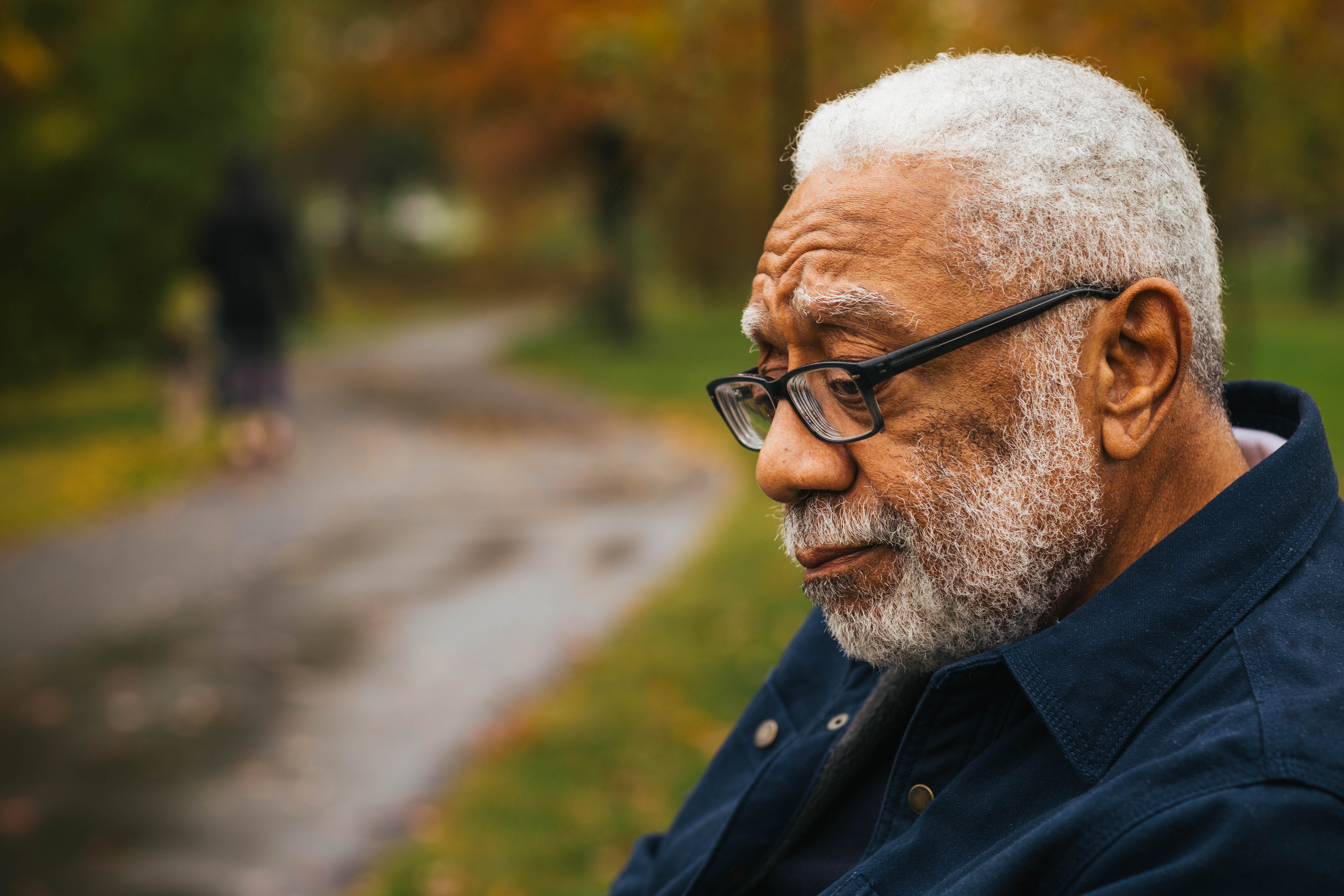AARP Hearing Center

But what is isolation, and who is prone to be affected by it? Isolation can affect anyone, no matter how social or physically capable they may seem. It takes two distinctive forms: subjective and objective.
Subjective social isolation occurs when an individual perceives isolation from family friends, and their community. Someone may suffer from subjective isolation despite having a social network if they perceive a lack of quality social interactions.
On the other hand, objective isolation deals with tangible factors of isolation rather than the perception of isolation. A person suffering from objective isolation may have insufficient resources available to them through their social or care network. This takes form through irregular social contact, lack of participation in social activities and living in an environment that fails to promote social connections that matches the individual’s needs and abilities.
Whether affected by subjective or objective isolation, both forms threaten mental and physical health.
A shortage of social interaction leads to a shortage of opportunities for self-expression around others. Having someone around to listen enables the validation of an individual’s experiences. When social interactions start to decline in an individual, their mental state tends to decline as well.
Isolation may lead to depression and a lack of confidence. Without trust in their own abilities, frustration and devaluation of an individual's self-worth can occur. Mental health issues go unnoticed. The perception of having no resources and no connections magnifies the mental toll of isolation.
The physical toll of isolation is also considerable. In fact, a recent study claims that social isolation is as deadly as smoking 15 cigarettes a day . Also, those who have few meaningful social interactions have been correlated to contracting illnesses more often and dying younger . Isolation, coupled with a greater propensity for catching illnesses, creates a great strain on isolated individuals, increasing the worry, hopelessness and loneliness associated with isolation.
When someone is socially isolated, self-care becomes a nearly impossible task. Transportation to healthcare facilities in the case of an emergency could put the individual at risk if they are not able to drive. A support group is a great way to address the many difficulties of isolation. Support groups provide care for physical risks that an individual may not be aware of, or cannot address alone.
Humans desire socialization as much as they need it. Isolation places mental and physical health at risk. Take ten minutes to v isit connect2affect.org to learn how you can help assist your loved ones in avoiding this issue.































































